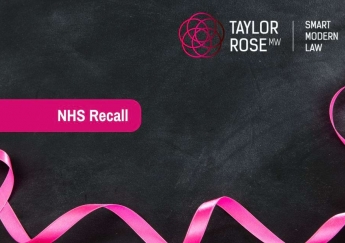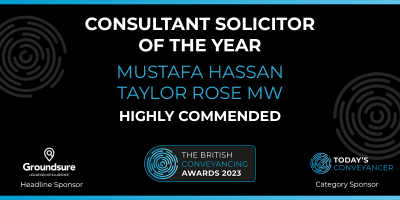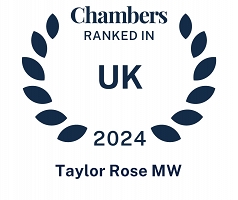BLOGS
From time to time we like to inform our clients and customers of any changes to the law which may affect them or their business. We also have a team of experts who are ready to voice their opinion with blog posts about trends, current affairs, who we are, or any prominent new article of the day.
Showing results 1 - 10 of 222

Why has the NHS recalled 1487 patients?
Fri 12 April 2024
By LAUREN PHILLIPS

Taylor Rose MW raises over 5 million pounds for Charity
Fri 5 April 2024

What is inheritance tax and how can it be managed effectively?
Tue 26 March 2024

How to react if you are asked to attend a police interview under caution
Sun 24 March 2024

What to do if the freeholder is absent
Sun 24 March 2024

Bribery and corruption - risks for your business and directors
Sun 24 March 2024

Valuing assets and debts for probate - importance and risks of getting it wrong
Fri 22 March 2024

How Ramadan effects those working in the legal industry?
Fri 22 March 2024

Are inheritance assets included as part of divorce finances?
Fri 22 March 2024
Your shared ownership property - staircase or sell?
Sun 17 March 2024
The templateTAKE A LOOK AT



















